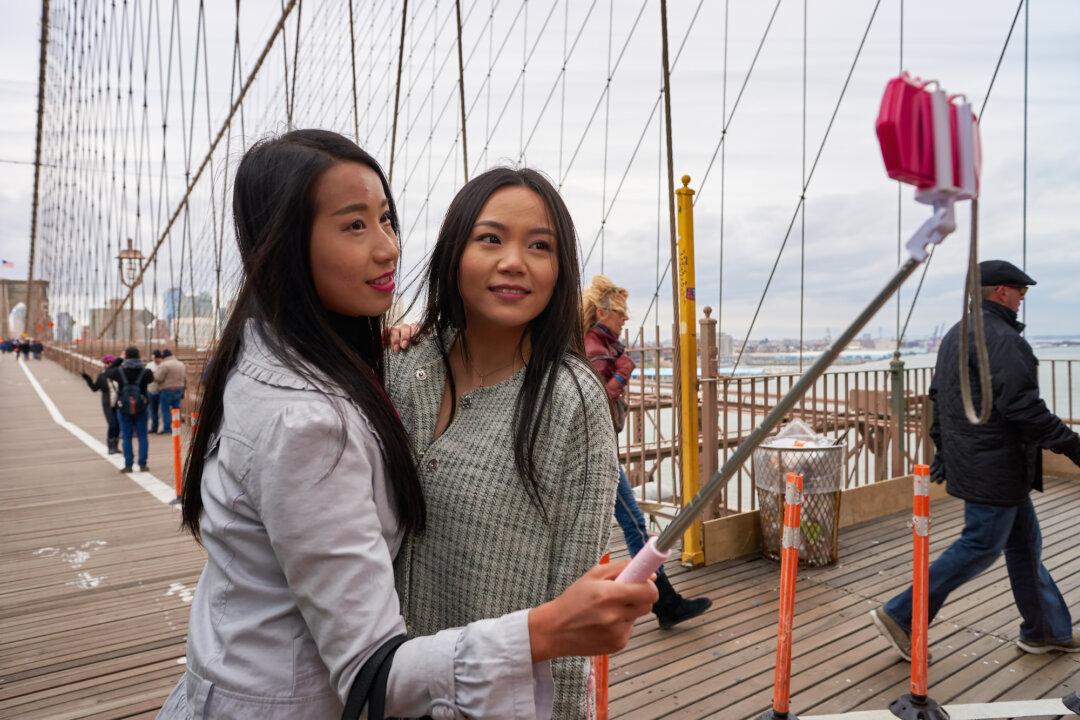In a move considered to be politically motivated, the Chinese Embassy in Washington issued a travel advisory warning its citizens about the dangers of visiting the United States.
The Chinese embassy website posted the advisory on June 28, telling Chinese tourists that expensive medical bills, the threats of public shootings and robberies, searches and seizures by customs agents, telecommunications fraud, and natural disasters are among the disturbances that can affect citizens traveling to the United States.
“Public security in the United States is not good. Cases of shootings, robberies, and theft are frequent,” the notice read.
“Travelers in the United States should be alert to their surroundings and suspicious individuals, and avoid going out alone at night.”





